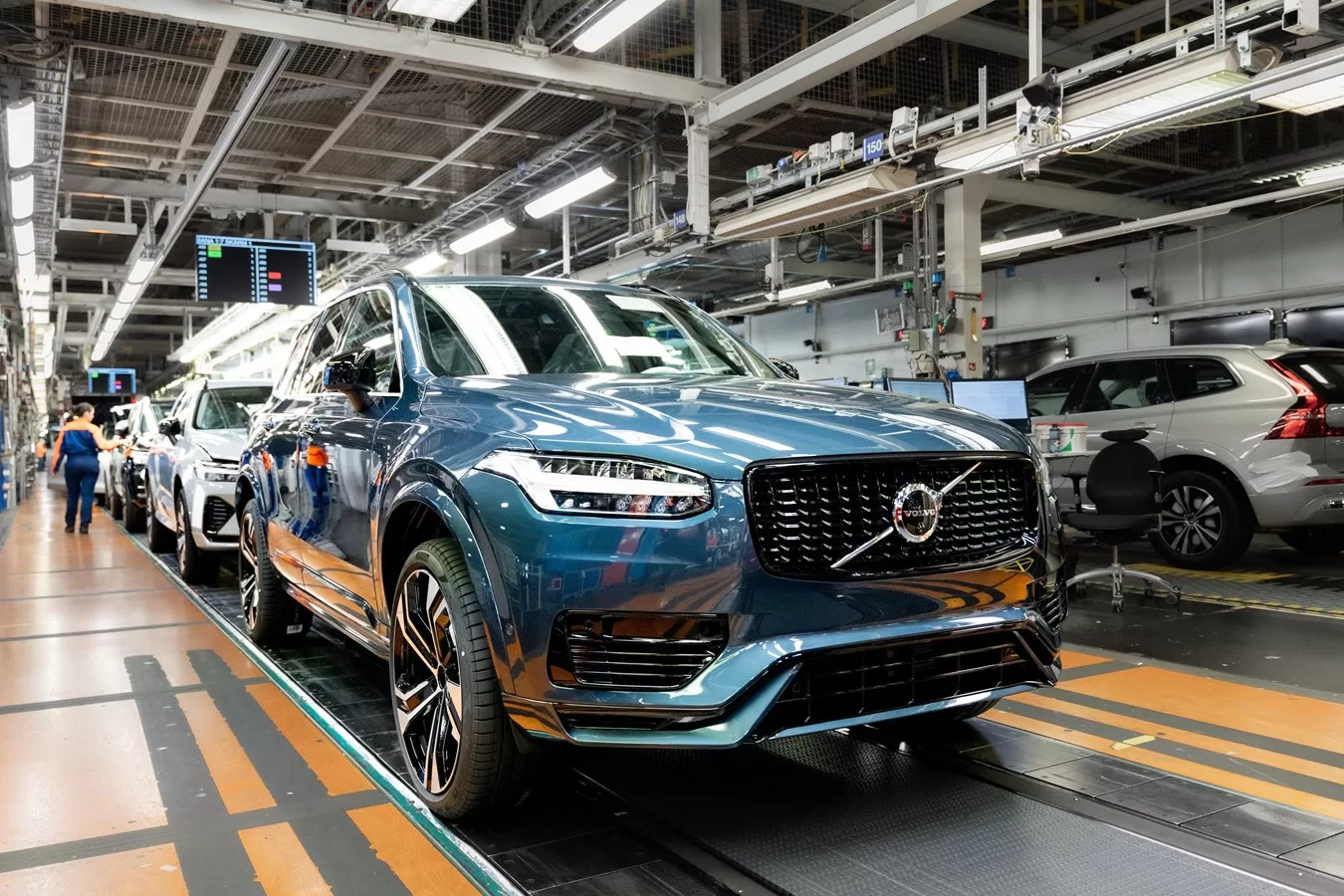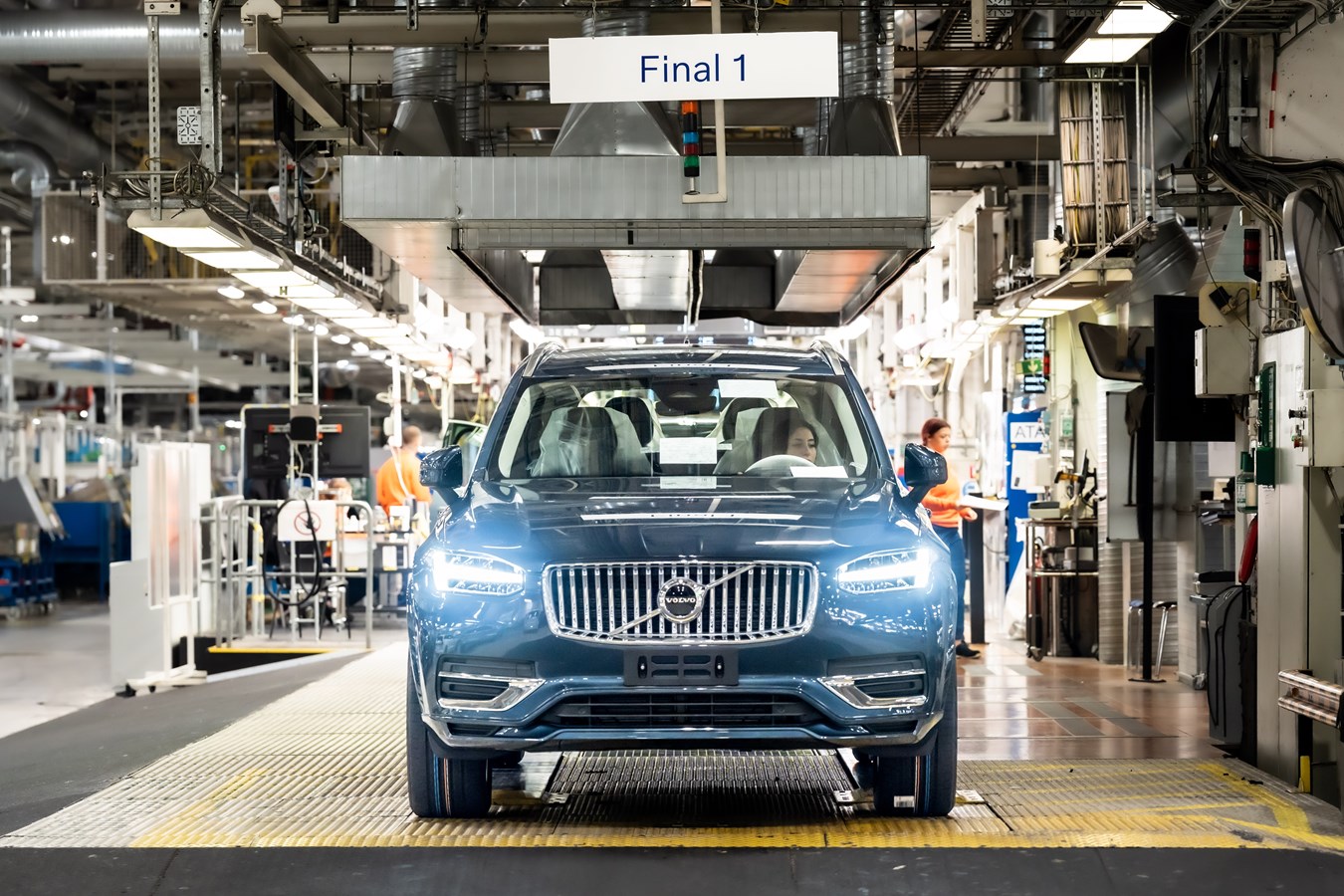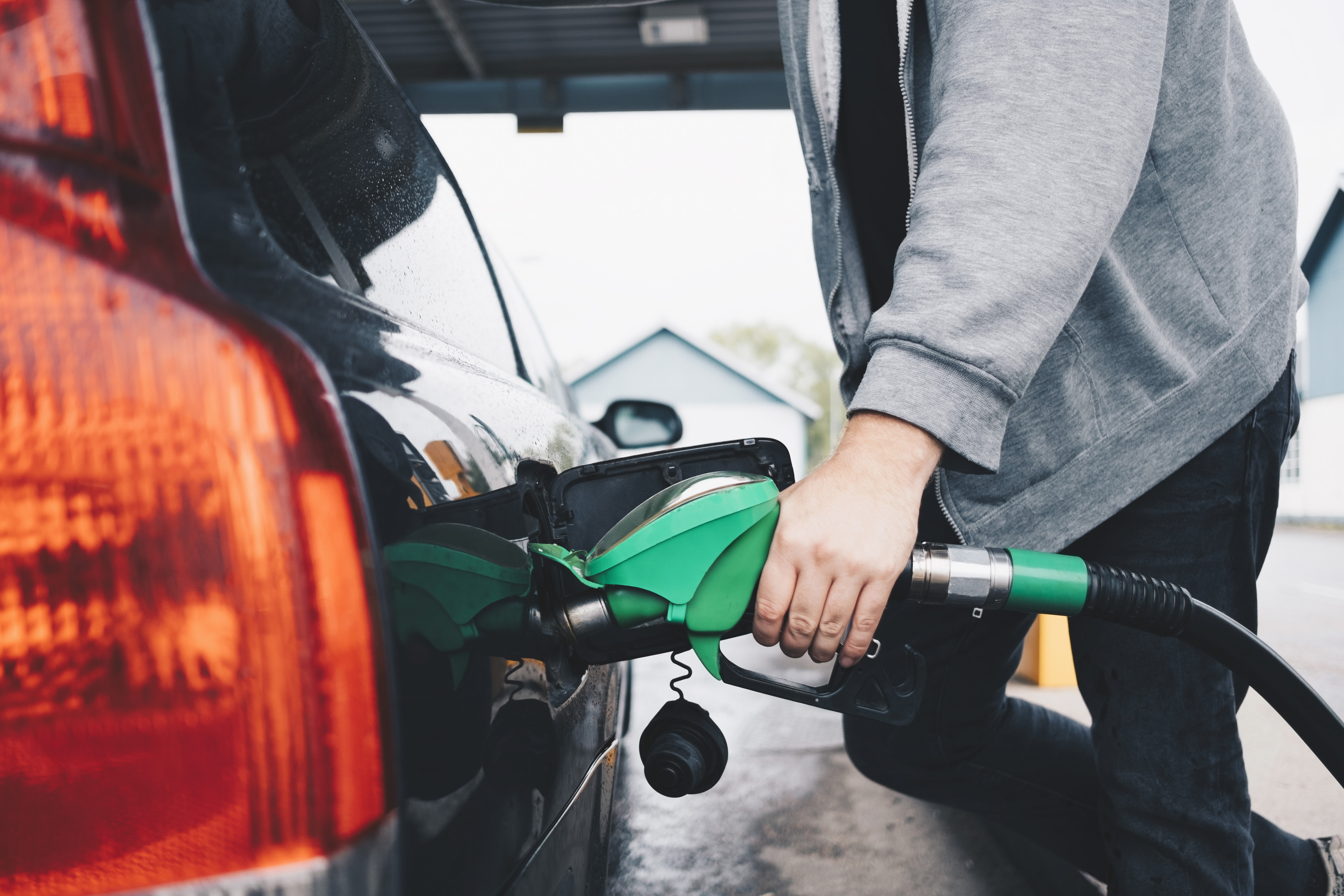The firm announced that it would be making its last ever diesel car to focus on pure electric and hybrid petrol models.
Volvo has finally unveiled the car – a XC90 – rolled off the production line and cementing one of the biggest moments in the firm’s almost century-long history.
A spokesperson for the firm, said: “On a cloudy Thursday in early February, the plant in Ghent, Belgium, produced its last diesel-powered car, a V60.
“And just the other day, the plant in Torslanda, Sweden, saw its last XC90 diesel car roll off the production line.
“These events mark a huge milestone in Volvo Cars’ 97-year history. With this move, we’re taking a big step towards our ambitions of becoming a fully electric car maker, as well as achieving net zero greenhouse gas emissions by 2040.
The firm said that for a long time, their diesel engines had become “synonymous with reliability and efficiency” and meant a “great deal” to them for tens of years.
They also stated that their diesel model’s success “played a significant role” in their shift into a “premium brand”.
The company – true to their word – is aiming to be all-electric and backed up their plan by increasing their sales of the climate-friendly models by 70 percent.
A spokesperson said: “Today, most of our sales on the continent are electrified cars.
“Last year, we increased our sales of fully electric cars by 70 per cent, and our global electric market share by 34 per cent.
“The figures speak for themselves, underscoring that the all-electric direction we’re now heading towards is the right one to take, and we do so with our flag held high.”
The update comes after they revealed 2024 would be the last year they made a diesel powered car.
Drivers were told to say their last goodbyes to Volvo’s diesel range early 2025, as the company confirmed it had stopped investing in combustion engines.
According to Autocar at the time, Volvo said it would produce its last diesel-powered vehicle at the start of 2024 as the brand continues to focus on EVs.
The Swedish firm announced the shocking news at Climate Week NYC in the US.
Volvo CEO Jim Rowan said: “Electric powertrains are our future, and superior to combustion engines: they generate less noise, less vibration, less servicing costs for our customers and zero tailpipe emissions.”
When they first made the announcement, Volvo became one of the first legacy carmakers to turn its back on the diesel for good – with rivals as Audi and Mercedes expected to follow.
Now that the final motor has left the factory, they can push on with converting the age-old brand into a more modern, and climate-friendly future.
In their statement, they continued: “In recent years, the electric revolution has evolved quicker than most of us could have imagined – and it’s largely propelled by tightening regulations around tailpipe emissions, as well as customer demand in response to the climate crisis and a desire for cleaner urban air.
“Only five years ago, the diesel engine was our bread and butter in Europe, just like it was for most other car makers.
“The majority of the cars we sold in Europe in 2019 ran on diesel, while electric models were just starting to gain traction.
“While our future indeed is fully electric, our mixed portfolio includes some excellent plug-in hybrid and mild-hybrid models, which will act as a perfect bridge towards that future.”



